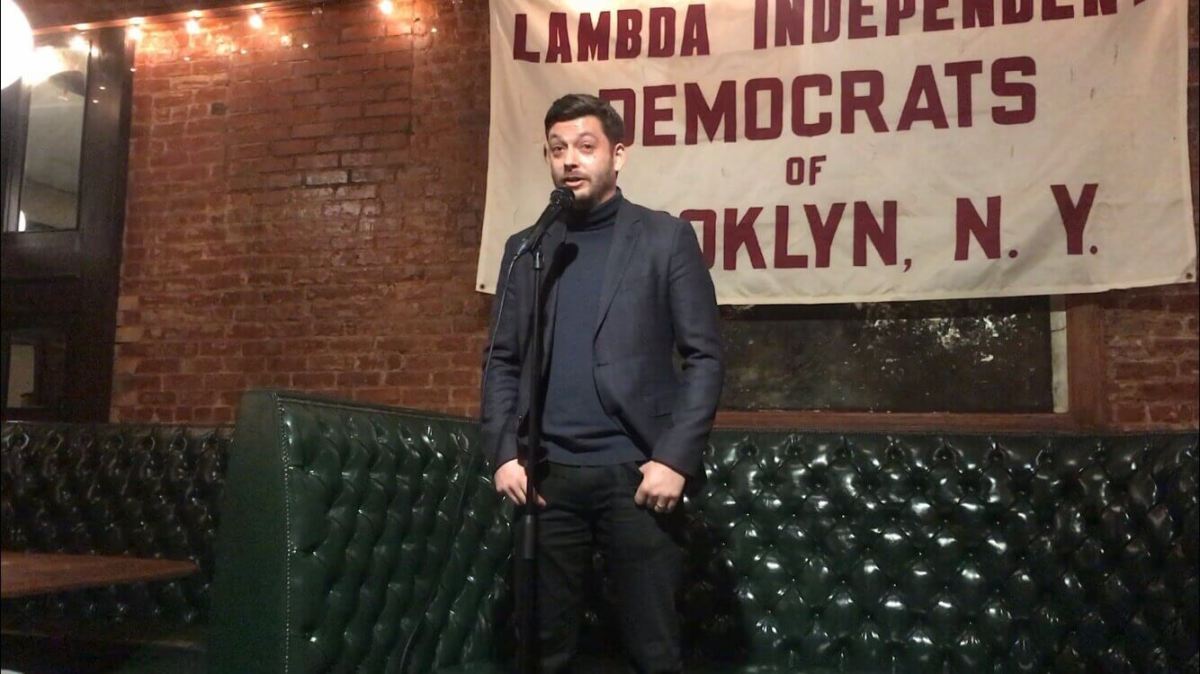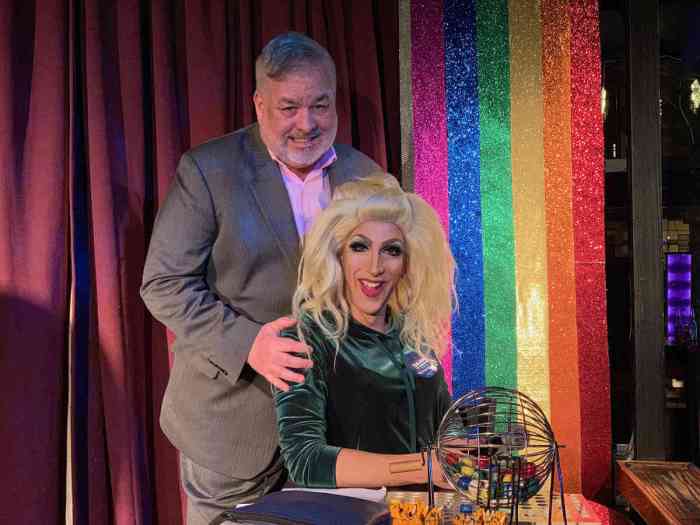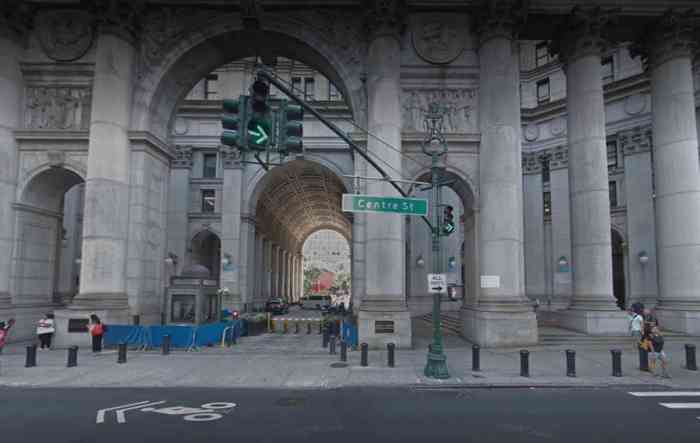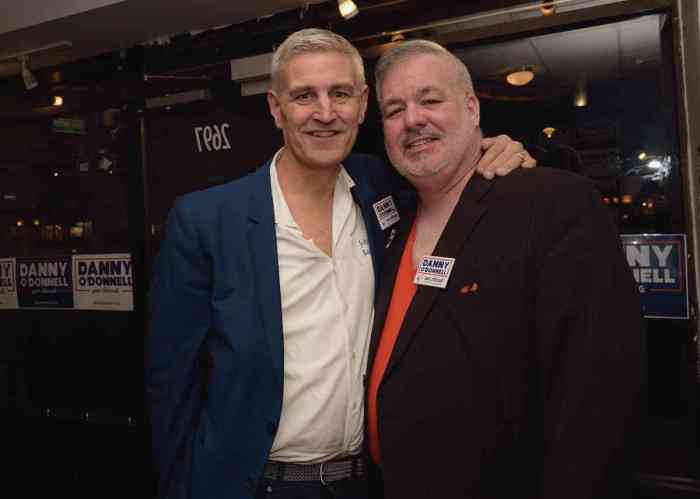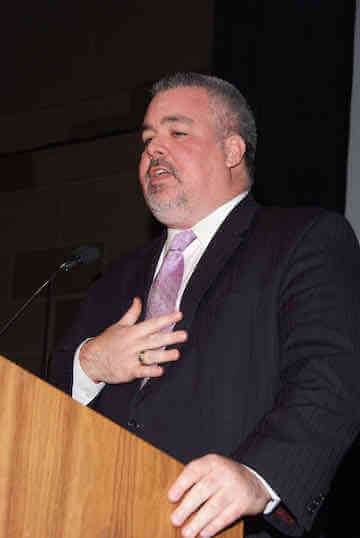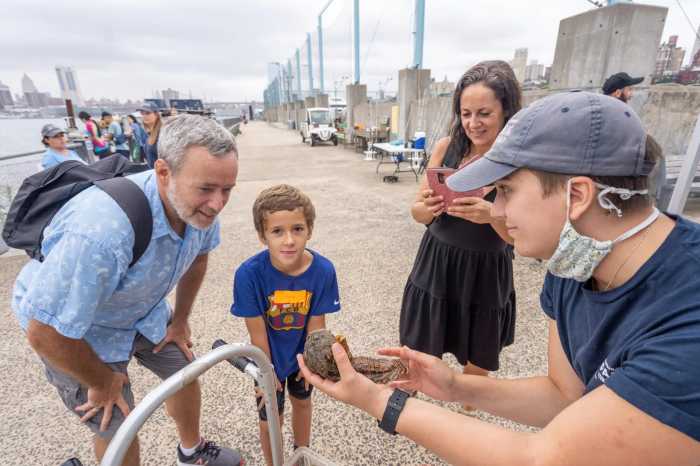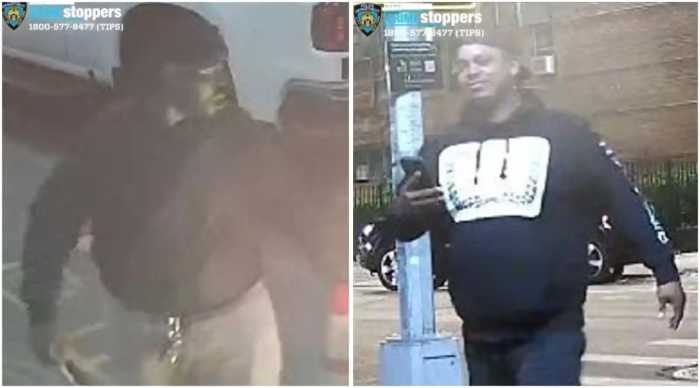The Stonewall Democratic Club of New York City on April 22 endorsed Brooklyn Congressmember Yvette Clarke in her re-election bid and State Senate candidate Jason Salmon in his quest to capture the open seat held by his former boss, Velmanette Montgomery, who is retiring after more than three decades in office.
The competitive Democratic primary races hold their own implications for the LGBTQ community: One of Clarke’s opponents in the Ninth Congressional District is anti-LGBTQ Brooklyn Councilmember Chaim Deutsch, while Salmon is facing out gay candidate Jabari Brisport in the 25th State Senate District. Salmon and Brisport both support efforts to comprehensively decriminalize sex work.
Stonewall backed those candidates as part of a whopping five-hour-long virtual endorsement meeting during which the club heard from dozens of pols aiming to gain the support of the LGBTQ political community ahead of the June 23 Democratic primary. The club also backed a slate of incumbent out LGBTQ candidates seeking re-election, including State Senator Brad Hoylman and Assemblymembers Deborah Glick and Daniel O’Donnell, all of whom represent constituents in Manhattan.
Notably, the LGBTQ candidates for State Legislature who submitted questionnaires — Brisport, Hoylman, and O’Donnell — all expressed support for the Stop Violence in the Sex Trades Act, which is a full sex work decriminalization bill that was first introduced in June of last year. The club did not receive a questionnaire response from Glick and based its endorsement on a past election cycle’s response.
Genesis Aquino, a queer candidate who is challenging Assemblymember Feliz Ortiz in the the 51st District in Brooklyn, also did not submit a questionnaire to the club, nor did Ortiz, who unsuccessfully challenged out gay City Councilmember Carlos Menchaca in 2017. Stonewall voted to go with Katherine Walsh, another Ortiz challenger who did file a response.
One key takeaway of the evening was which queer candidates the club opted not to endorse. Brisport, a progressive, Democratic Socialists of America-backed schoolteacher who unsuccessfully challenged Brooklyn Councilmember Laurie Cumbo in 2017, continued his string of snubs from LGBTQ political clubs that have instead decided to support Salmon. The Jim Owles Liberal Democratic Club and the Lambda Independent Democrats of Brooklyn (LID) also endorsed Salmon over Brisport in the race for Montgomery’s 25th Senate District seat — a contest that also includes Assemblymember Tremaine Wright.
By now, Salmon has secured a strong base of support across queer political clubs as well as from Equality New York, a statewide LGBTQ coalition that has a political action committee.
When asked about the growing number of queer groups backing his campaign, Salmon said in an interview with Gay City News that he is “really honored” — and he attributes that support to a combination of factors: He said he has always been an ally, including when he worked in Montgomery’s office, but he also pointed to the intersectional nature of his campaign, which he said is centered on intertwined themes of inclusion, racial equality, and police accountability, among other justice-related initiatives.
“For me, I think people across the board are just attracted to the campaign because it brings so many different types of people that have never sat at the table together before,” Salmon said. “My campaign has formerly incarcerated people, queer people, healthcare professionals, teachers, young people, older people — it’s really a multi-racial, multi-ethnic, multi-generational movement.”
Stonewall’s new president, Brian Romero, touted Salmon as a community leader who is dedicated to advancing racial, social, and economic justice.
“Jason’s previous experience in government and as an activist who has built a grassroots coalition makes him exemplary,” Romero said in a written statement. “We look forward to working with now and when he is elected senator to advance a bold vision for our most vulnerable queer and trans siblings.”
Wright did not even reach out to Stonewall for consideration following a contentious showing at an LID endorsement meeting. She was grilled by LID’s members about her refusal to embrace full sex work decriminalization, and members ultimately decided to endorse Salmon, marking one of the first signs that the local political LGBTQ community was beginning to rally around the former Montgomery aide.
Meanwhile, in the Ninth Congressional District primary contest, Clarke landed the club’s endorsement after she was rejected by LID, which threw its support behind left-leaning challenger Adem Bunkeddeko, who also mounted a primary race against her in 2018. Both Clarke and Bunkeddeko have delivered fundraising emails to supporters highlighting Gay City News’ reporting on Deutsch’s long history of homophobia.
The club’s congressional endorsements, aside from that for Clarke, came with little fanfare. Members voted to endorse every incumbent member of the House — after having previously endorsed out gay Bronx City Councilmember Ritchie Torres for open seat being vacated by Congressmember José Serrano. Eliot Engel, Alexandria Ocasio-Cortez, Carolyn Maloney, Jerrold Nadler, and Nydia Velázquez responded to the club’s questionnaire, which asked if candidates support the “decriminalization of sex trade related offenses in New York that harm people who do sexual labor by choice, circumstance, or coercion.” All responded yes.
Incumbents Clarke, Hakeem Jeffries, Grace Meng, Gregory Meeks, and Tom Suozzi did not respond to the questionnaire. Clarke, in response to LID’s candidate questionnaire this year, wrote, “Opening up sex work to a market-based regulatory framework would streamline the industry improving the economic realities of all participants while also allowing them to seem the protection of the state. Giving workers access to service and protection of police limits their exposure to dangerous pimps, mitigates the risk of assault, and eliminates the risk of imprisonment.”
To sign up for the Gay City News email newsletter, visit gaycitynews.com/newsletter.

